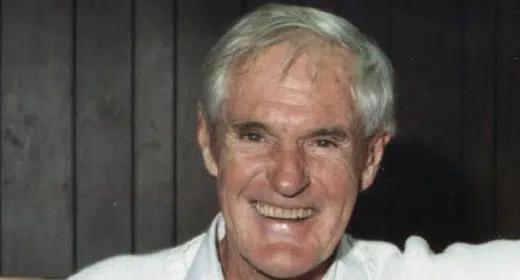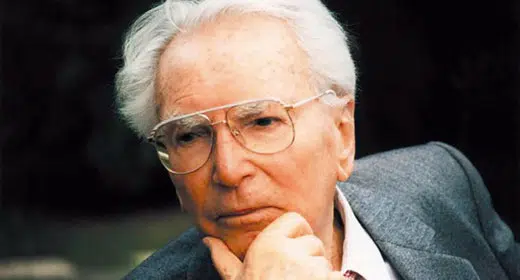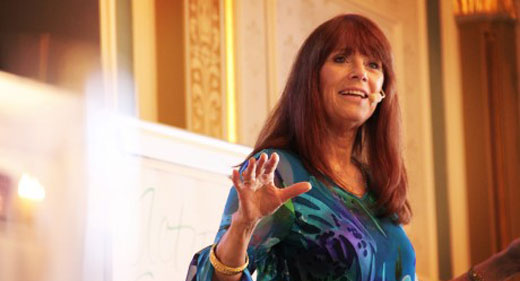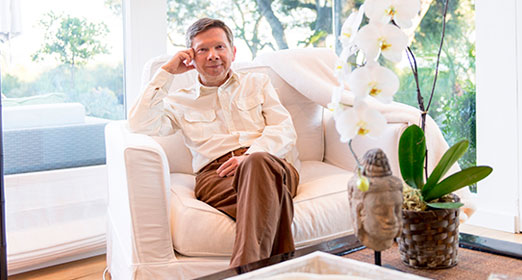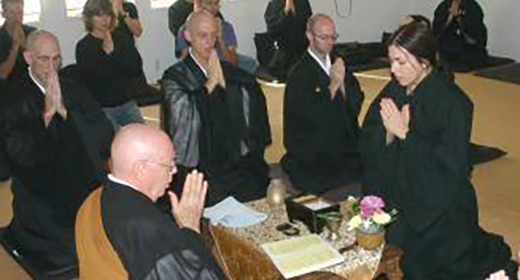(Excerpted from Chapter 24 of Inner Peace for Busy People Joan Borysenko, Ph.D.) Like most women (and some men), saying no makes me feel guilty.

There’s a nagging sense that if I refuse a reasonable request, I’m being selfish. But we need to distinguish between selfishness and self-care. A no to one thing is a yes to something else. If I decline to read a book manuscript that a stranger hopes I’ll endorse, then the time that I set aside for family and friends, for hiking and skiing, and for rest and relaxation is honored. Like most working people, I don’t have the luxury of extra time. So I have to be a good steward of the life energy that time represents.
When I was being supervised as a therapist—and receiving my own therapy in the process—learning to say no was a prime issue. My inclination was to give time and attention to practically anyone who asked. The only one I could comfortably said no to was myself. So the supervising therapist used an entire 50-minute session helping me learn how to say yes to myself by saying no to others.. He would make various requests, and whatever they were, I had to refuse.
“Would you please come over to my house and clean the bathrooms?” It was easy enough to say no to that. But when he got to things like, “I’m short of cash this week and my children are hungry. Can I borrow a hundred dollars?” I was stymied. Every fiber in my being wanted to give him the money, even though it was only an exercise. I began to justify myself and make excuses as to why it was impossible to honor his request. His response was short and incisive.
“Stop that right now! You don’t have to justify yourself. You are entitled to your own opinions and decisions because you’re a human being worthy of respect. Stop explaining yourself, and stand in that place inside where you know that you’re worthwhile. You say yes so that people will love you, and that’s the problem. Hear me. You are enough. You don’t have to keep buying people’s love. And if you won’t stop, you will be useless as a therapist, a friend, a lover, or a parent—because you’ll never be able to tell the truth or set appropriate boundaries for other people’s behavior. You are a doormat.”
That was clear. We agreed that I would carry out an assignment in saying no the following week. I actually signed a contract vowing that it would be completed as agreed. Let me give you the background. As a cancer researcher and expert in the mind/body connection, I had begun to receive a fair number of unsolicited book manuscripts. People often requested that I read their book-to-be and provide an endorsement for the back cover. I take these requests seriously, and saying yes can mean 10 or 12 hours of work. Added to the rest of my busy life, these manuscripts became a nightmare. Just the sight of one could strike terror in my heart. Nonetheless, I often read them because so many were worthwhile. I wanted to help.
The week of the assignment, I gave a lecture at a medical conference. As I was stepping down from the stage, a woman approached me, manuscript in hand. She was an unexpected survivor of advanced ovarian cancer. Having beaten the odds, she was overflowing with gratitude and told me tearfully that I had been an important part of her recovery. Now she was thrilled to close the circle and have me read her story. I was mortified. The contract flashed in front of my eyes. With a pounding heart and a dry mouth, I summoned up the courage and as kindly and gently as possible, declined to read her manuscript without justifying myself.
The poor woman went berserk. She accused me of being a fraud who didn’t care about anyone but myself. Then she stomped off, leaving a group of wide-eyed bystanders in her wake. While I’m prone to say that God has an uncanny sense of humor, this particular joke was over the top. The timing was impeccable. In retrospect, the intense discomfort was worthwhile because it made me face the worst possible scenario. She had been in a rage, and still I survived. That encounter was a turning point. Although it’s still sometimes hard to say no, I can do it when it’s the most skillful choice.
“No” is a boundary that’s like an emotional immune system. Your physical immune system has one primary function that biologists refer to as distinguishing “self” from “not-self.” Its job is to keep out invaders such as bacteria, viruses, and parasites. The immune system maintains the integrity of the body so that it can work optimally. But sometimes it makes an error and mistakes self for not-self. This results in an autoimmune condition such as arthritis or multiple sclerosis in which the body destroys part of itself. That’s just what we do to ourselves emotionally when we can’t say no.
This week, pay attention to the way you respond to requests. Some people say no too hastily. Others say yes too readily. If you feel that you’re out of balance in either direction, take your time before answering whenever you can. “Let me think about it” is an option that can give you the time to reflect and make an authentic decision about the best course of action. In the long run, this strategy will give you peace and power, even if in the short run your response is not what the other person wants to hear.

